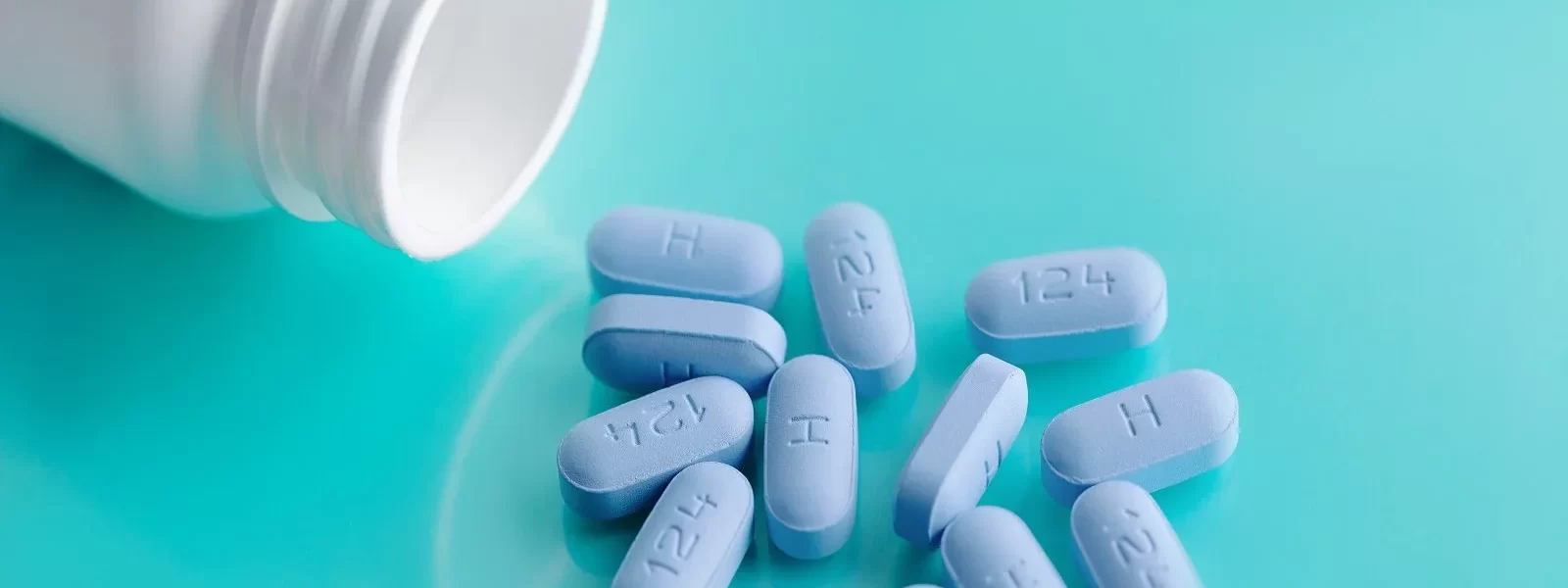For a healthy and robust heart, maintaining normal cholesterol levels is crucial, as we all know. While food and lifestyle choices are important, cholesterol supplements can help with cholesterol management and heart health promotion. We’ll investigate the world of cholesterol supplements in this blog and see how they might be useful partners in our path to heart health. So, let’s dive in and uncover the secrets of these cholesterol champions!
Omega-3 Fatty Acids: The Heart’s Unsaturated Heroes
Long recognized to have heart-healthy properties are the omega-3 fatty acids, particularly EPA (eicosapentaenoic acid) and DHA (docosahexaenoic acid). These powerful nutrients have been shown to lower triglycerides, reduce inflammation, and support healthy cholesterol levels. Omega-3-rich foods like fatty fish, chia seeds, and walnuts can provide a natural source of these heart-healthy hero molecules.
Plant Sterols and Stanols: The Cholesterol Busters
Plants naturally contain compounds known as plant sterols and stanols, which resemble cholesterol in structure. By limiting the absorption of dietary cholesterol, these “cholesterol busters” lower levels of LDL (bad) cholesterol. Plant sterols and stanols are nutrients that are added to foods like margarine, yogurt, and orange juice. You should introduce these cholesterol-fighting compounds into your diet in a quick and easy method by including these foods in your diet.
Garlic: The Heart’s Flavorful Defender
Garlic has been used for centuries in both culinary and medicinal traditions due to its distinct flavor and aroma. According to research, garlic can help reduce LDL cholesterol and raise HDL (good) cholesterol. Due in part to the components of garlic that include sulfur, it is believed to protect the heart. Including fresh garlic in your cooking or taking garlic supplements can provide a concentrated dose of this flavorful defender.
Niacin: The Cholesterol Regulator
Vitamin B3 niacin is crucial for the metabolism of cholesterol. While lowering triglyceride and LDL cholesterol levels, it can help to increase HDL cholesterol levels. However, since high dosages of niacin can have side effects, cholesterol supplements should only be taken under the guidance of a healthcare professional. Niacin, a vitamin that regulates cholesterol, can also be obtained naturally by eating foods high in nutrient, such as poultry, fish, and lentils.
Red Yeast Rice: Nature’s Statin Alternative
Red yeast rice is a rice product that has undergone fermentation and has long been utilized in traditional Chinese medicine. It contains monacolins, which are naturally occurring substances, including lovastatin, which is also present in pharmaceutical statin drugs. Red yeast rice is a potential substitute for those looking for a natural method of managing their cholesterol because it has demonstrated promise in decreasing LDL cholesterol levels. Red yeast rice can interfere with other medications, so it’s crucial to speak with a healthcare provider before using it.
Fiber: The Cholesterol Sweeper
Fiber, especially soluble fiber, is an unsung hero when it comes to decreasing cholesterol. In terms of lowering cholesterol, fiber, particularly soluble fiber, is an unsung hero. Soluble fiber changes into a gel-like substance after digestion and helps decrease blood cholesterol levels. Eating meals high in fiber will increase your natural fiber intake and support your cholesterol levels. Examples of such foods are whole grains, fruits, vegetables, and legumes.
Increasing the heart’s energy using coenzyme Q10
Cellular energy production requires the naturally occurring antioxidant coenzyme Q10 (CoQ10). CoQ10 supplements can help lower LDL cholesterol levels and enhance cardiovascular health, according to numerous research. Because the level of the antioxidant CoQ10 in the body can fall as a result of taking statin drugs, it can be beneficial for statin users to take CoQ10 cholesterol supplements. But it’s crucial to see a doctor.
Green Tea: The Heart’s Soothing Elixir
Green tea, which is high in antioxidant catechins, has been linked to a number of health advantages, including cardiovascular health. Studies suggest that the catechins in green tea can assist in improving general heart health by lowering LDL cholesterol levels. By including green tea in your daily routine, you can take pleasure in a soothing and energetic beverage while strengthening your heart.
Magnesium: The Heart’s Relaxation Mineral
Magnesium is an absolute powerhouse for heart health. It supports muscle relaxation, regulates blood pressure, and even contributes to keeping the heartbeat regular. This powerful mineral is included in many foods, including whole grains, nuts, seeds, and dark leafy greens. If you don’t get enough magnesium in your diet, you might want to think about taking cholesterol supplements.
Hawthorn Berry: The Heart’s Great Companion
From ancient times, hawthorn berries, which the hawthorn bush produces, have been used to enhance heart health. Many dietary fibers and antioxidants present in it support the maintenance of healthy blood pressure, improved blood flow, and improved cardiovascular efficiency. You should use hawthorn berries as a daily supplement for heart health to provide your heart with the support it requires.
Conclusion:
Incorporating vitamins for cholesterol into a heart-healthy lifestyle can provide valuable support in managing cholesterol levels and promoting cardiovascular well-being. From the unsaturated champions of omega-3 fatty acids to the cholesterol-busting strength of plant sterols and stanols, the tasty defense of garlic, and the energy-boosting properties of CoQ10, these supplements offer a variety of alternatives to match diverse needs. Never neglect to see a physician before adding any new supplements to your regimen, particularly if you take medication or have a specific medical problem. By embracing the possibilities of cholesterol supplements and developing heart-healthy practices, we can pave a clear and vibrant path to optimum heart health. A heart that beats vigorously and enthusiastically, here’s to you!



